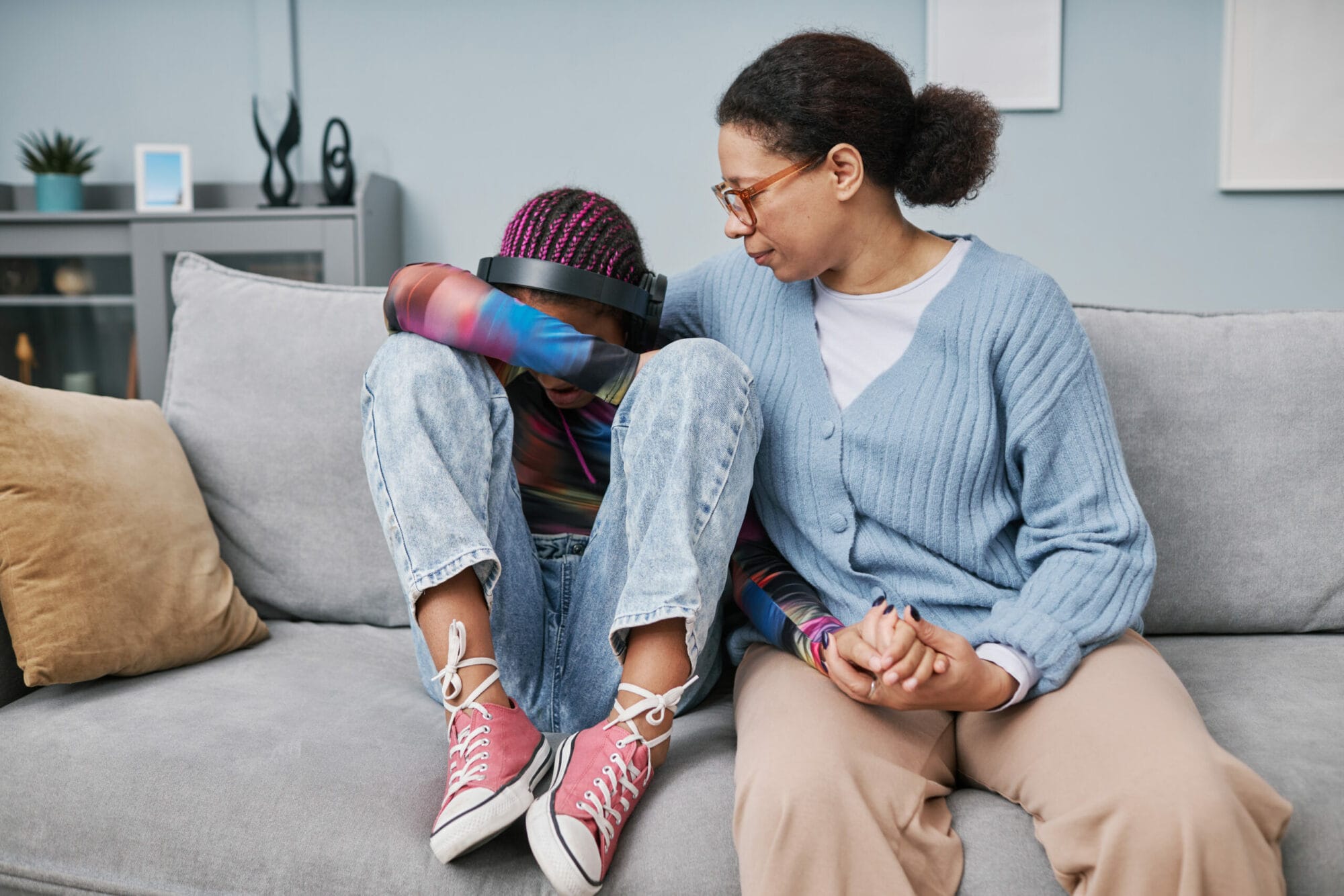Parents can have a great relationship with their kids without being their friend.
Allie Volpe
Vox
Allie Volpe is a senior reporter at Vox covering mental health, relationships, wellness, money, home life, and work through the lens of meaningful self-improvement.
When it comes to raising children, there is no shortage of platitudes: “Parenting doesn’t come with an instruction manual,” “It’s a lifetime job,” “Children are always listening.” One question that endures in modern parenting culture is one about the relationship between parent and child — should you be friends with your kid?
Part of the issue is the vagueness of the question: What does friendship with a child actually look like? Does being friends with your kids mean simply having fun together, or does it signify a relationship of equals? The American Psychological Association defines friendship as “a voluntary relationship between two or more people that is relatively long-lasting and in which those involved tend to be concerned with meeting the others’ needs and interests as well as satisfying their own desires.” Parenting, however, isn’t voluntary, and a child shouldn’t be interested in meeting their parents’ needs.
As parenting style has shifted away from “children should be seen and not heard” toward a family dynamic where children’s voices and opinions are valued, a tension remains regarding the balance between parental authority and childhood inclusivity. “There’s been a lot of movement in terms of what role do children play in the family dynamic,” says Francyne Zeltser, the director of mental health and testing services Manhattan Psychology Group. “With children having more of a voice and having an opinion, how does that change the parent-child dynamic?”





